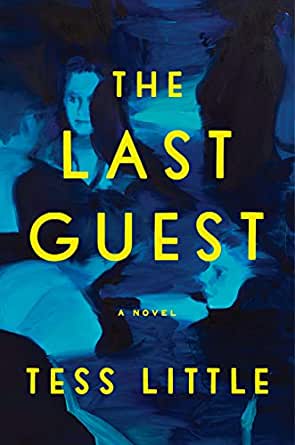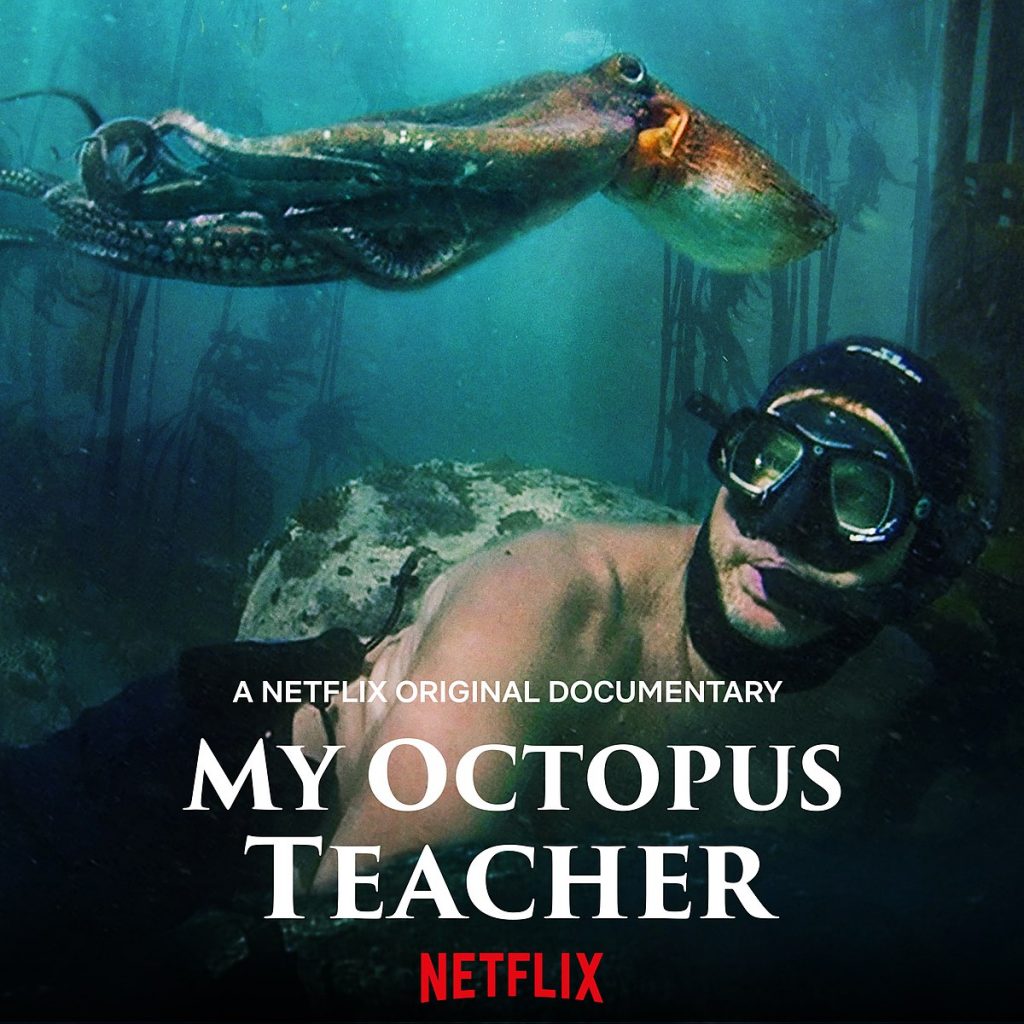KJ Howe: As a scuba diver, I’ve always found the octopus to be a fascinating sea creature, but I had no idea how intelligent and strategic these unusual looking creatures were until I read THE LAST GUEST by Tess Little. Join me in welcoming Tess to Rogue Women Writers and let those tentacles wrap you in suspense!
In the Depths
by Tess Little

It begins with the body and the body is a question. To answer that question, the writer must inhabit the minds of their characters—their victims, suspects, murderers—and lead the reader through them, one by one. Writing is always a feat of empathy, but to write a murder mystery requires radical empathy. How can we understand the unfathomable, explain the inexplicable?
As a lifelong fan of crime, I’ve always known that writing such a novel would entail stepping outside of myself, imagining alien experiences. But my debut mystery, The Last Guest, required going one step further: entering the mind of another species.
The novel begins with the narrator, Elspeth Bryant Bell, arriving at the Hollywood house of her ex-husband, British film director Richard Bryant, for his fiftieth birthday party. She expects to find an enormous, sprawling celebration in his honor, but instead she is met by only seven other guests—and Richard’s pet, a giant Pacific octopus named Persephone, watching over them from her tank. In the morning, Elspeth finds Richard’s body, sprawled across his couch. The director is dead, and each one of his guests becomes a suspect.
The idea for this novel originally emerged from the octopus. Back in 2017, I became fascinated by the creatures—how they move, hunt, think—and while researching online came across a cephalopod forum, where people compared notes on keeping octopuses as pets. Having learned of their intelligence, this was unbelievable to me. Who could keep such a beautiful creature captive? Who could confine such an adventurous, curious animal to an enclosed tank?
As I returned to these questions in the days after, they began to form a character, and as I continued to imagine that character, I realized one thing: I wanted him dead. The rest of the story unfurled from there.

To write this novel, I stepped outside of myself in many ways. I explored places I had never visited; I told the tale in the voice of a woman who had lived almost twice as long as me. At the time I was also working on my PhD in history, so researching other lives was second nature. I drove down roads thousands of miles away, online. I mapped out a house on sheets of paper, a composite of buildings I’d never walked through. I spoke in strangers’ voices—having conducted oral history interviews for my academic research, I knew how to listen.
But with human characters, no matter how different their lives, a writer can lend something of themselves. Less so with other species—although you can still try to inhabit their worlds.
Much of my octopus research was visual. Photographs don’t do the creatures justice—to understand the strange textures of the skin, their anatomy, you have to watch how they move beneath the water. How they slip their bodies into the thinnest crevices in the rocks, how they can raise their smooth skin to rough pocks and bumps, how their limbs wrap and curl and delicately stroke, how they balloon themselves into parachutes, jet like rockets.
And how no octopus is exactly the same. I watched them interacting with humans. They have changing moods like we do, personalities—inquisitive, playful, snappish. They sacrifice themselves for their young. While they inhabit another realm from us, while their minds have evolved in an entirely different, alien way to ours, they are easy to identify with, to personify.

I read scientific writings to gather all the facts and returned to the cephalopod forums to understand how my octopus would live in captivity. At one point in my story, some of the characters eat canned giant Pacific octopus, and so I found a company selling it and asked them about the provenance, the nutritional content. As a vegetarian, I couldn’t try it myself. (Indeed, with a growing interest in the species following the Netflix documentary My Octopus Teacher and the publication of books like Other Minds and The Soul of an Octopus many carnivores avoid consuming this intelligent creature too.) So I read reviews of canned octopus meat, watched clips of people tasting it, slice by slice.
But to understand how an octopus thinks, it was the videos of the animals I came back to again and again, to watch them escaping from their tanks, solving puzzles, and, often, to watch them hunt.
To watch them hunt—indeed, it would be difficult to invent a better killing machine: suckers two-by-two, each with a near-unbreakable grip; toxic ink; venom; a sharp, bony beak to crunch through the hardest shells.
Perhaps such an animal is the perfect murder mystery suspect—intrinsically dangerous, inherently mysterious. Or, indeed, the perfect witness to a crime: their secrets can never be revealed; their minds are unknowable, lurking in the depths, in the dark.
















































What an unusual and wild story! It certainly suspends the advice given to many writers: “Write what you know.” Obviously, Tess has truly stepped out of her “comfort zone” to write this incredible book which I’m sure will be a bestseller! Thanks for being our guest here on RWW.
Haha, thank you Karna! Yes, I didn’t just ignore the advice to “write what you know”—I think I might have smashed it to pieces… And thank you so much for having me on RWW, it was a pleasure (I’m especially glad to have KJ’s scuba-diving seal of approval!).
They are indeed fascinating! For one glorious night my two sisters and I were in an overwater bungalow in Tahiti, and I was watching the shallow water beneath us when an octopus swooped in and sucked himself (I don’t know another way to put that) to the coral below. I excitedly called my sisters over and we looked and looked but he blended in so well that even though I hadn’t taken my eyes off the spot, I began to even doubt myself. Just as I was about to say “Maybe I’m wrong…” he detached and swooshed away again. So totally cool!!
Magical!